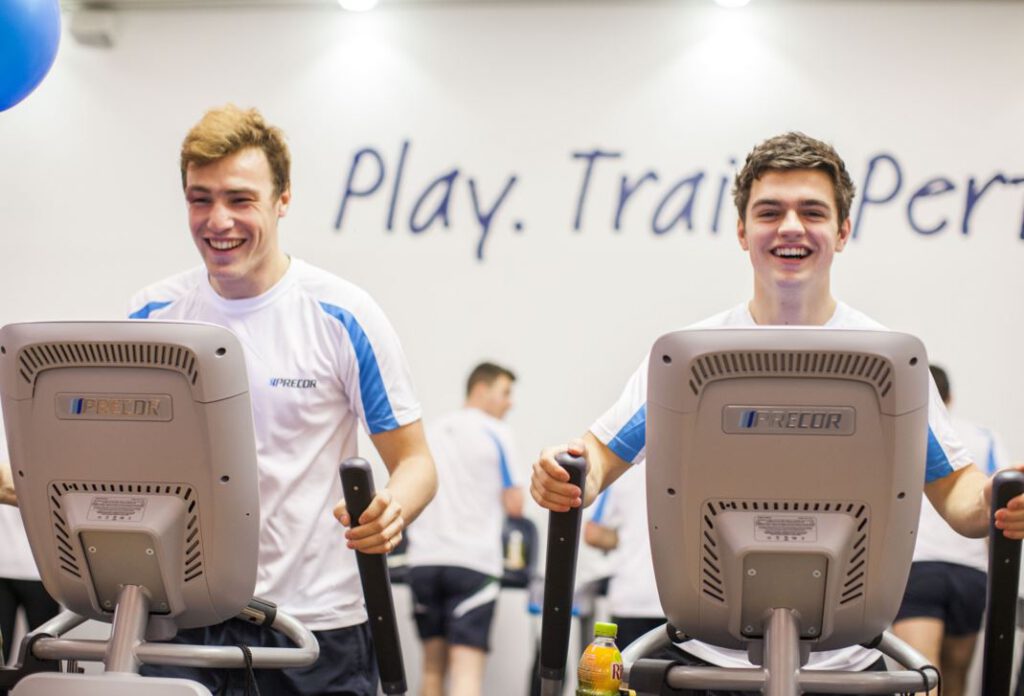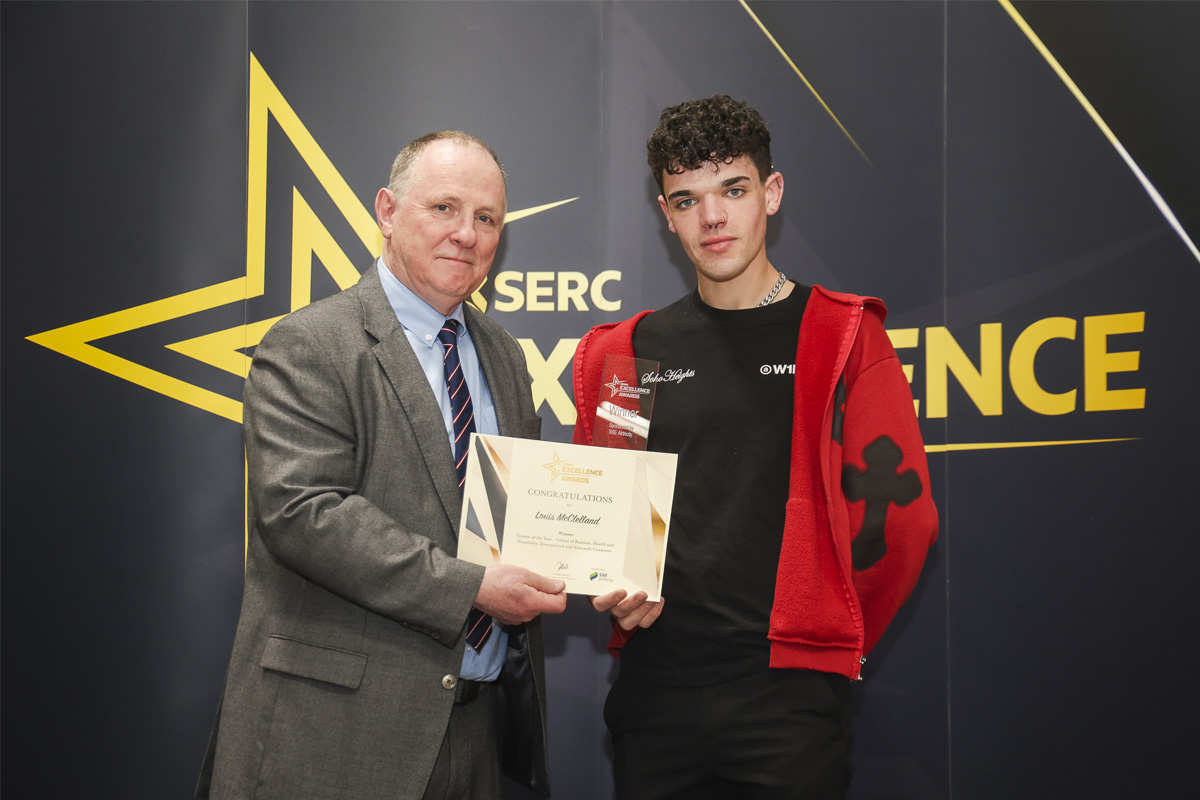Physical activity holds key to improving student mental health

University students who take part in regular physical activity say they perform better, are more employable and enjoy better mental wellbeing, according to the biggest study of its kind.
With students in higher education under more pressure than ever to balance studies, finances and social lives, reports of mental health issues are on the rise, particularly feelings of loneliness and isolation. Recent figures from the Office of National Statistics suggest 95 students took their own lives in England and Wales in the 12 months to July last year, leading the Government to introduce an awards system to recognise universities achieving excellence in mental health care.
Now, a joint-report from ukactive, British Universities & Colleges Sport (BUCS), Precor and Scottish Student Sport (SSS) – called the ‘British Active Students Survey’ – has found that promoting physical activity, including sports participation and gym membership, improves student’s personal wellbeing, mental wellbeing, social inclusion, and perceived academic attainment and employability.
The survey is the biggest of its kind to date, with 6,891 students from 104 Higher Education Institutes across the United Kingdom responding. Just over half of respondents (53%) were meeting the recommended levels of physical activity (150 minutes of moderate to vigorous intensity physical activity a week), with 7.1% classified as inactive (taking fewer than 30 minutes of moderate to vigorous intensity physical activity a week).
Around one in five students were members of a sports team but not a gym (21%), 18% were members of a gym but not a sports team and over half of respondents (53%) were members of both. More than 42% of students said they did not know how active they should be, however, those who were active reported significant benefits.
Those who were classified as active scored better than those classified as fairly active or inactive across four aspects of personal wellbeing: life satisfaction, feelings of worthwhile, happiness and anxiety. The survey also showed that students who participate in both sport and gym activities reap the greatest benefits.
A report in April showed younger generations as more lonely than the middle-aged, and the survey supported this – with 19% of all students feeling that ‘people barely know me’ and 16% agreeing that ‘people are around me but not with me’. Again, the value of sport and physical activity was clear, with inactive students reporting more feelings of isolation than active students. Almost a third of inactive respondents (31%) indicated that they usually or always feel that people barely know them.
Over 47% of active students said they never or rarely felt feelings of social isolation. Analysis showed that compared to the inactive group, the odds were lower for them feeling left out.
Active students also perceived higher levels of attainment than fairly active or inactive students, as well as reporting more time spent studying or in class. Similarly, active students rated themselves higher in eight out of 10 employability skills than inactive students – particularly for teamwork and drive. Of the active students, 65% said they were fairly or very confident they would be employed within six months of graduating, compared to 54% of those who were inactive.
The authors have used the findings to call for universities to create more opportunities for physical activity and raise awareness of the wide range of benefits it brings.
Baroness Tanni Grey-Thompson, Chair of ukactive, said: “Today’s young people are the least active ever and we need a serious shake-up of the school day to save Generation Inactive from a lifetime of ill-health. But for this to be successful, we need opportunities and support throughout education so that as young people become adults, and as they progress into higher education, physical activity is a habit and not a chore.
“The student population are our future leaders, teachers, and carers. Through supporting them to be active we are helping them learn positive habits for a lifetime of healthy behaviour, as well as long-term employability and productivity which is vital for society as a whole.
“The findings of this report provide a great opportunity for higher educational institutions to incorporate opportunities and support for all students to lead an active lifestyle for physical, mental, and social wellbeing.”
Professor Sir Ian Diamond, Chair of BUCS, said: “For many students the benefits of being active are multiplied as activity to manage the stress of coursework deadlines and regular examination diets.
“Yet not every student is active, and among the inactive are many who would like to take more exercise. Some face competing challenges from needing to undertake paid work to make university economically sustainable. Others are metaphorically tripped up by the disruption of moving away from home or by the competing pressures of academic study.
“As universities move ever faster to put the student experience at the heart of everything they do, it behoves them to take an evidence-led approach to ensuring that everything is done to maximise the proportion of students who are active.
“This report provides a picture of the landscape of student activity and the evidence on which to base policy so as to maximise the physical and mental wellbeing benefits of activity amongst all our students.”
Steve Carter, Managing Director at Precor UK, said: “Higher education, whether it’s college or university, is a time of growth – mentally, physically and emotionally. Exercise and sport play a crucial role in how students deal with this life-changing period, as the previous research done with ukactive and Scottish Student Sport showed. This is why we have chosen to expand this research to include BUCS, to delve further into the important the role physical activity can play in a university student’s life.
“Offering options is the key to successfully driving engagement and encouraging all students to become active, and that’s why Precor believes in the importance of ensuring the availability of fitness for all. However students are inspired to take up fitness and sport, we can see from the research findings it not only helps boost their overall self-esteem across a number of areas, but also gives them confidence to achieve strong grades and succeed. At Precor we are dedicated to be partnering with educational facilities to ensure students have access to the latest equipment that delivers an exercise experience to support and complement their academic learning.”
To access the full report, click here.










Responses